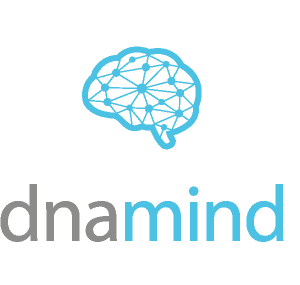A sound mind in a sound body
According to research, neuropsychiatric disorders account for up to 25% of all disability-adjusted life years. Whilst the heritability of these mental disorders is significant, environmental factors also factor into their development. Genetic variations involved in key biological processes that contribute toward the risk of development of mental health disorders may give insights to the prevention, diagnosis and treatment of the disease.
By understanding your unique genetic makeup and predispositions, your practitioner can support you better in developing strategies if you are suffering from, or at risk of, mental health disorders.
The DNA Mind Report Provides:
- Identification of the level of impact of any genetic variants
- An explanation of their impact on the specific biochemical area
- An explanation of each area’s impact on mental health
Taking the test may help you understand ways that may avoid the onset of a range of neurological disorders.
The DNA Mind test analyses 30 genes which have been shown to have significant associations with key mental health disorders, and reports on the following areas:
- Neurodegenerative disorders
- Alzheimer’s disease, dementia, cognitive decline
- Addictive behaviour
- A risk for alcohol, nicotine, cannabis & opioid dependence; Psychosis response from cannabis use; eating disorders (binge eating)
- Adrenaline-seeking
- Risk-taking behaviour
- Mood disorders
- Depression, bipolar, anxiety and post-traumatic stress
Who will benefit from doing DNA MIND and Why?
Improving longevity :
Targeted nutrition and lifestyle interventions for mental health
Mental health concerns – insight into management:
Existing issues: post-traumatic stress disorder, anxiety, depression, cognitive impairment, addition to alcohol, nicotine, cannabis and opioids, eating disorder (binge eating), adrenaline seeking/risk taking behaviour.
Family History of Chronic disease of lifestyle:
Alzheimer’s disease and cognitive decline, Addiction, Depression, Biopolar disorder



